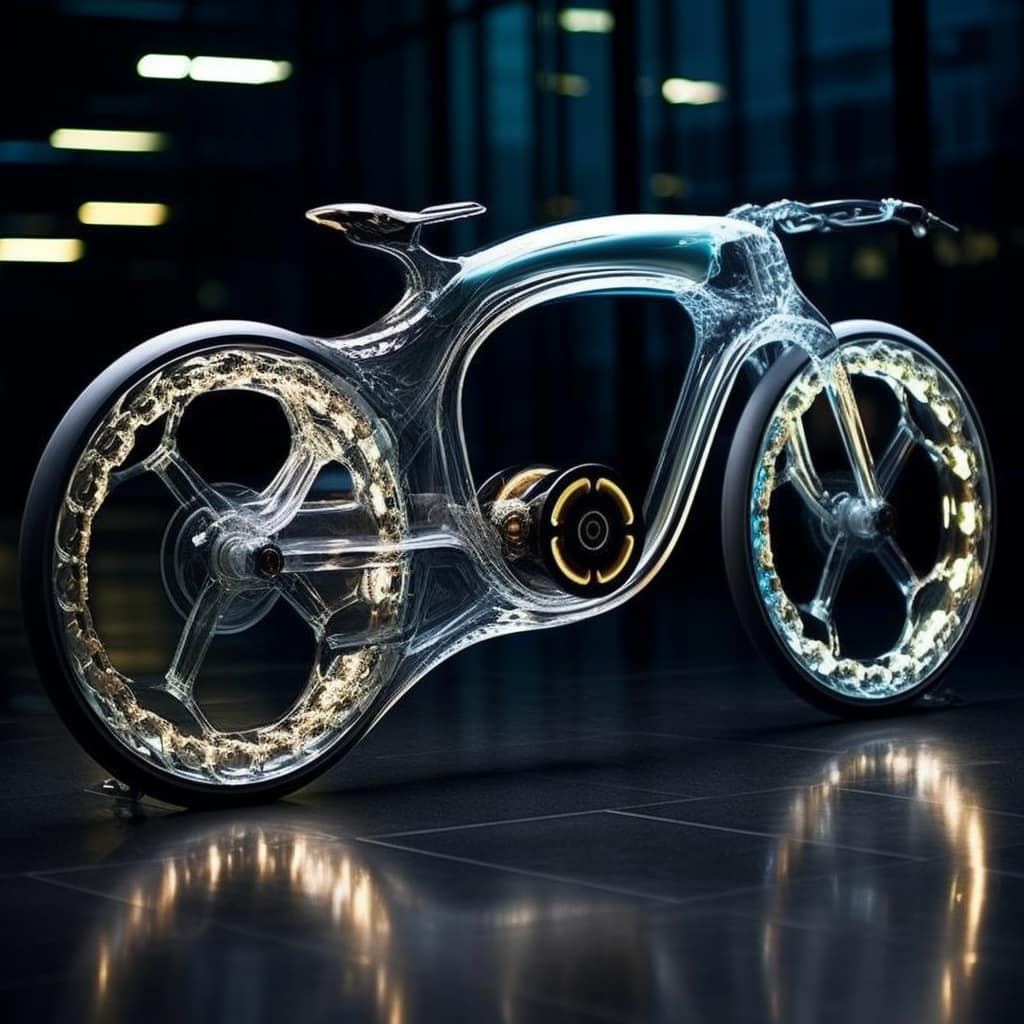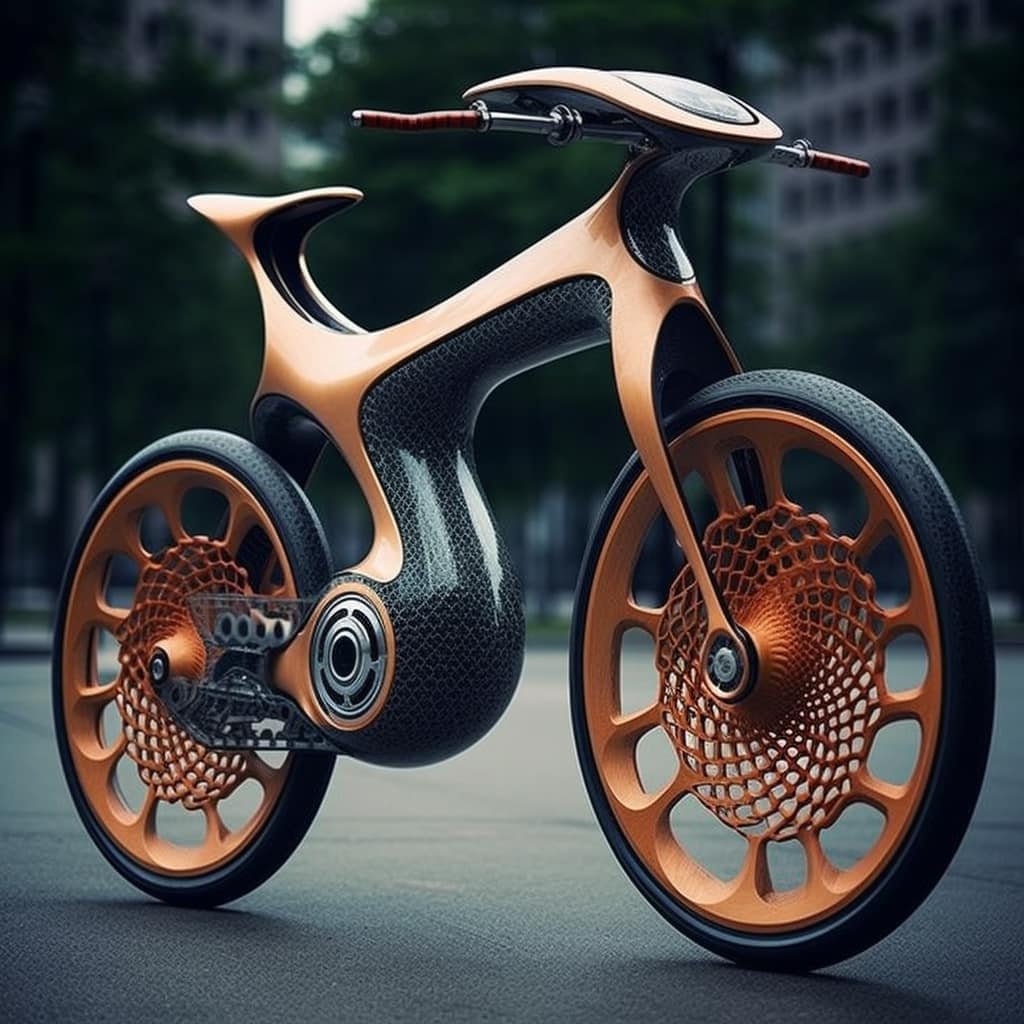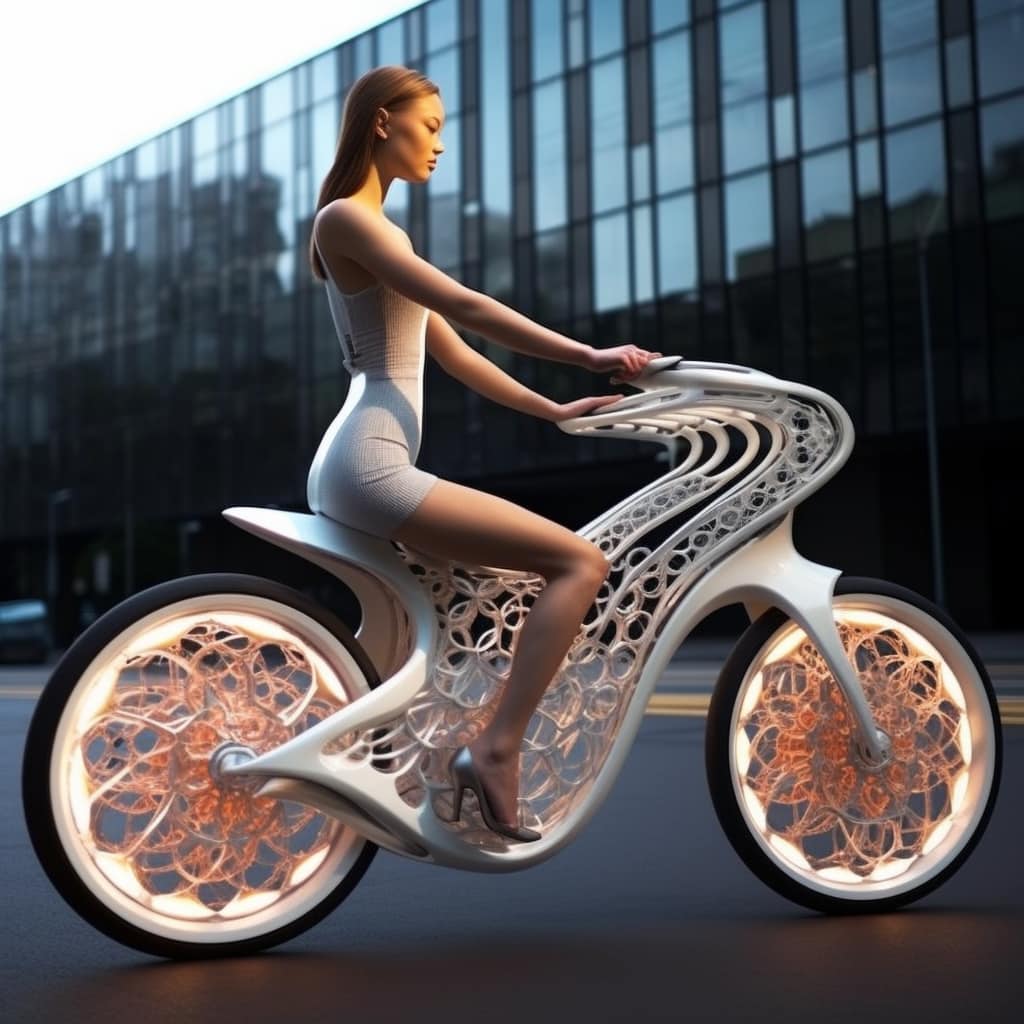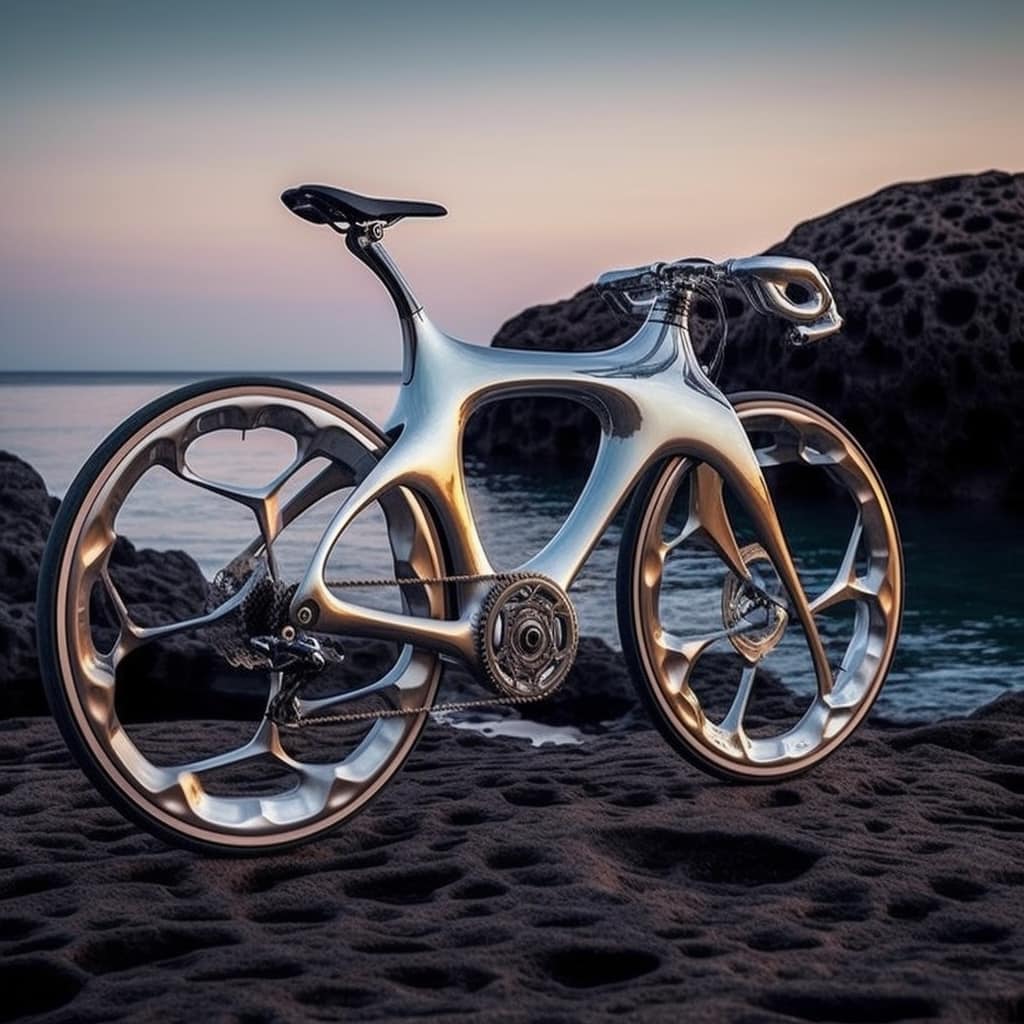As technology advances and our world economy becomes increasingly interconnected, it’s no surprise that our humble bicycles are undergoing significant transformations. The next generation of bicycles is ready to change the way we think about cycling. From mini fusion-powered bikes to pedal-less wonders, the future holds exciting possibilities for cyclists everywhere. In this article, we’ll explore some of the most exciting developments and innovations in the world of cycling.

Imagine riding a powered bike on a mini fusion reactor! Although it may sound like science fiction, scientists and engineers are actively working to develop such advanced propulsion systems. These innovative vehicles will rely on nuclear fusion, the same process that powers the sun, to generate clean and nearly unlimited energy. With this technology, cyclists will no longer have to worry about charging their bike or running out of power while riding. Bicycles powered by mini fusion reactors have the potential to change the way we get around and reduce our dependence on traditional energy sources.

In pursuit of creating more efficient and user-friendly bicycles, designers have explored the concept of bicycles without pedals. These advanced two-wheeled vehicles rely on alternative propulsion methods, such as electric motors or gyroscopes. By eliminating the need to pedal, pedalless bicycles offer a whole new level of convenience and accessibility. They provide a great option for individuals with limited mobility or those looking for an easier riding experience. These bikes can be controlled through intuitive interfaces, allowing riders to easily glide through urban landscapes.

Bikes of the future will likely be equipped with advanced smart features that seamlessly integrate with our increasingly connected world. From built-in GPS navigation and real-time traffic updates to health and fitness tracking capabilities, these smart bikes enhance the overall cycling experience. Cyclists will be able to track their performance, set fitness goals and share their rides with friends via social media platforms. Smart connectivity will also support improved safety features, such as collision detection and automatic emergency notifications, making cycling a safer way to travel.

With an increasing emphasis on sustainability, future bicycles will be designed using environmentally friendly materials and manufacturing processes. Lightweight yet durable materials, such as carbon fiber composites and polymers made from io, will replace traditional metal frames. Sustainable energy sources, such as solar panels integrated into bicycle frames, can be used to power auxiliary systems or charge batteries. Incorporating recycled materials and efficient manufacturing techniques reduces the environmental impact of bicycle manufacturing while maintaining high performance and aesthetics.

The future of cycling holds enormous potential for innovation and transformation. Bicycles powered by mini fusion reactors, pedalless wonders, smart connectivity and sustainable design are just a glimpse of what lies ahead. As technology continues to develop, cycling will become a more accessible, efficient and environmentally friendly method of transportation. Whether you’re a casual rider or a dedicated cyclist, the next generation of bicycles promises exciting possibilities that will redefine the way we ride and experience the world around us.















